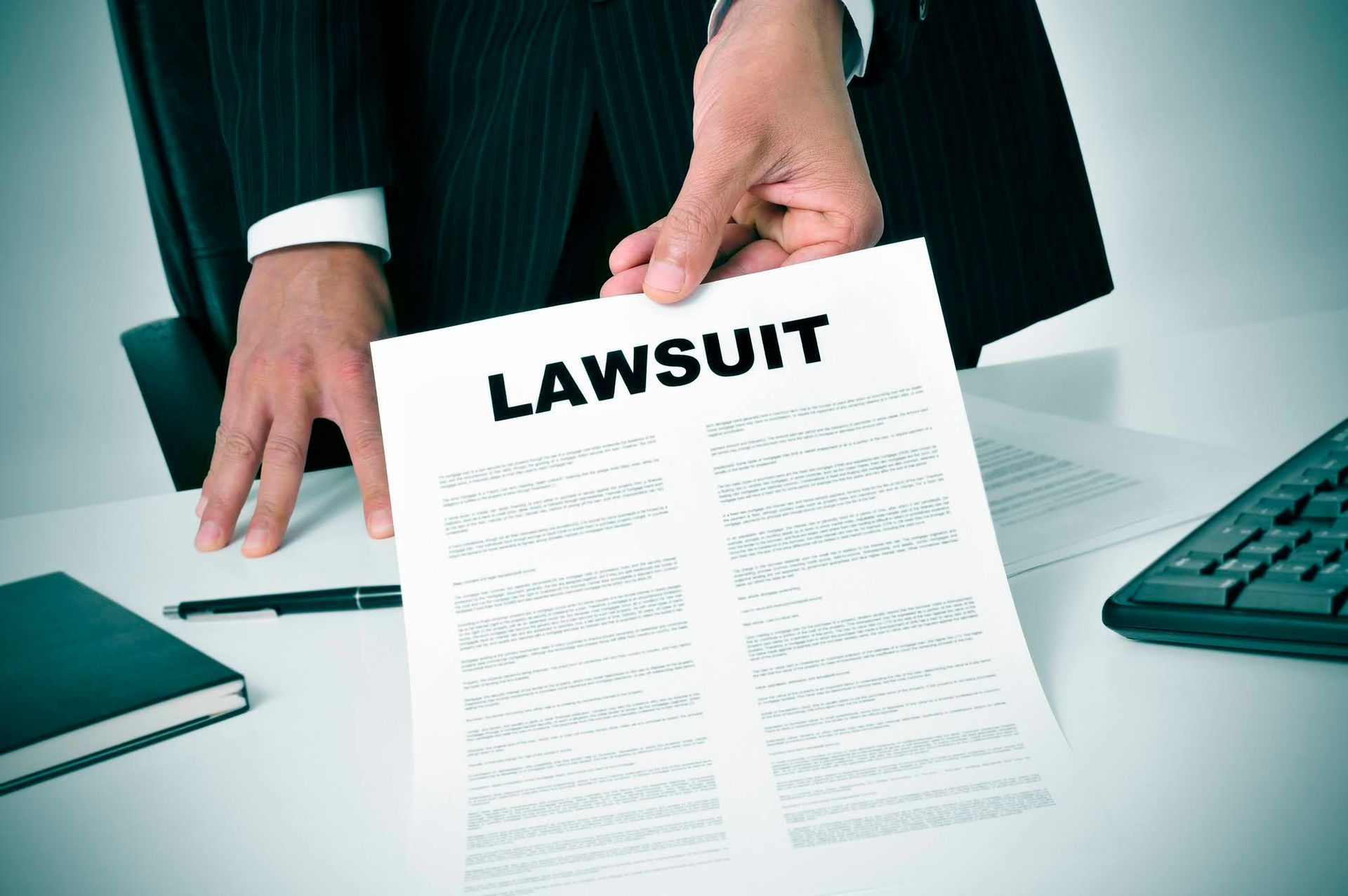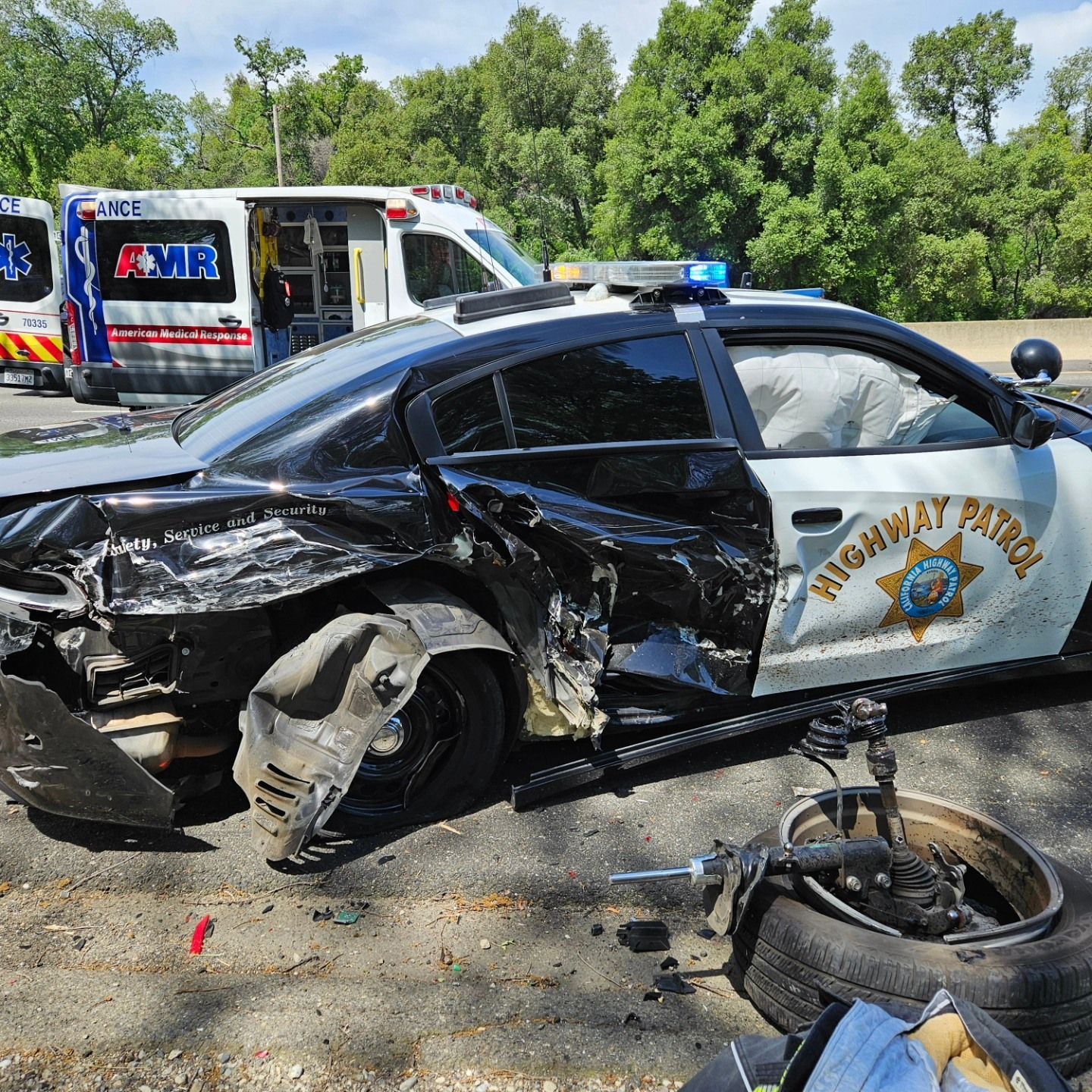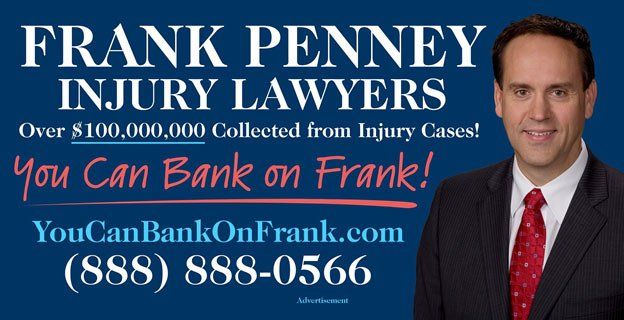GET YOUR FREE CONSULTATION
Understanding Types of Negligence Cases

Negligence is a fundamental concept in personal injury law that underpins many cases brought before courts. Negligence fundamentally arises when a party does not exercise the care that a reasonably prudent person would in similar circumstances. Neglecting proper care can cause harm or injury to others, potentially leading to legal claims. To effectively handle the complexities of negligence cases, it's essential to understand the various types of negligence recognized in legal contexts.
Comparative Negligence
Comparative negligence is a legal doctrine that allows multiple parties involved in an accident to share responsibility based on their respective degrees of fault. Under this system, which is adopted by many jurisdictions, each party's level of negligence is assessed, and the plaintiff's compensation is accordingly reduced by their percentage of fault. This means that if a plaintiff is found to be partially responsible for the incident, their awarded damages will be decreased to reflect their share of the blame.
For instance, consider a scenario where you are deemed 20% responsible for a car accident and initially awarded $100,000 in damages. In such a case, you would ultimately receive $80,000, as your compensation would be reduced by 20% to account for your contribution to the accident. The principle behind comparative negligence is to balance fairness in legal outcomes by ensuring that defendants are not unfairly penalized when the plaintiff's own actions played a role in causing the incident. Comparative negligence provides a more nuanced and equitable method of distributing liability, encouraging all parties to recognize their roles in preventing accidents and promoting safer behavior.
Contributory Negligence
Contributory negligence is one of the older legal doctrines that can be quite harsh in its application. This principle dictates that if a plaintiff is deemed even minimally responsible for their own injury, they are completely barred from recovering any damages. Historically rooted in common law, this doctrine reflects a rigorous approach to personal responsibility within legal processes. Though few states still uphold this strict interpretation today, where it does apply, it emphasizes the vital importance of mitigating risks and exercising caution in everyday life. This approach can significantly impact the outcome of personal injury cases, often leading to contentious court battles. Legal advisors frequently urge potential plaintiffs residing in contributory negligence states to meticulously document every aspect of their case, including gathering evidence and witness statements, to effectively counter any accusations that they may have contributed to their own injuries. The meticulous preparation and attention to detail are crucial in navigating the complexities of this doctrine and achieving a fair outcome in court.
Gross Negligence
Gross negligence goes beyond mere carelessness and denotes a willful disregard for the safety and lives of others. It involves an extreme lack of care that could be considered reckless behavior, showcasing a profound indifference to the potential harm one's actions might cause. For example, a surgeon who operates under the influence of alcohol would not only be neglecting their duty of care but also putting the patient's life at significant risk, thereby exhibiting gross negligence. This level of negligence typically results in more severe penalties and higher damages in lawsuits due to the egregious nature of the conduct and the blatant violation of professional standards. Legal systems often treat such conduct harshly to serve as a deterrent, emphasizing the importance of maintaining high standards of responsibility and care in professional and personal actions.
Vicarious Liability
Vicarious liability refers to the legal principle where one party is held responsible for the negligent actions of another, often seen in employer-employee relationships. For example, if an employee causes an accident in the course of their job, the employer may be held liable. This is because employers are expected to ensure their employees adhere to reasonable standards of care. Understanding vicarious liability is crucial for businesses as it underscores the importance of maintaining strict operational and safety protocols.
Professional Negligence
Professional negligence, often associated with malpractice, arises when a professional fails to perform their duties to the standard expected in their field, resulting in harm to the client or patient. Unlike general negligence, professional negligence requires a breach of a duty specific to a professional's expertise. This can include a doctor misdiagnosing a condition due to negligence or a lawyer failing to file important documents for a court case. Such cases often hinge on expert testimony to establish what the standard of care should be in the specific professional context.
Negligent Hiring
Negligent hiring occurs when an employer fails to exercise reasonable care in the selection and hiring of employees, leading to harm caused by that employee. This type of negligence highlights the responsibility of employers to perform thorough background checks and consider an applicant's history before offering a position that involves interacting with clients or handling sensitive tasks. For example, if an employee with a known history of violent behavior harms a customer, the employer could be held liable under negligent hiring principles. This underscores the need for employers to implement comprehensive hiring practices to protect both their clients and their company.
In conclusion, understanding the various types of negligence is critical for anyone involved in or contemplating legal action in such cases. Each has its nuances and implications, affecting the strategies employed by legal practitioners to seek justice for their clients. By recognizing these distinctions, parties can better prepare themselves for the legal processes involved and strive toward a resolution that achieves fairness and accountability. Contact our team today to learn more.
No Fee Guarantee!
Our legal team understands that life can be very stressful after an accident of any type. The financial costs of your accident can add to that stress. When you are asking for help, this should make your life easier – not more difficult. That is why you do not have to worry about any upfront legal fees and expenses when you hire Frank Penney Injury Lawyers to handle your California personal injury case.
At Frank Penney Injury Lawyers, Frank Penney and his staff work on a contingency basis. This means you only have to pay a fee if you win your case. We will never charge a fee unless we obtain a settlement on your behalf. No win. No fee. Case closed.
This means there is no risk in asking Frank Penney Injury Lawyers for help. You get to benefit from Frank Penney’s years of experience, knowledge, and success without needing to stress about the cost. Call today to set up a free initial case assessment or to learn more.
When I first contacted the Law Offices of Frank D. Penney after my accident, I was frustrated with car insurance companies, and medical insurance companies; after all, I was in pain. He and his staff put me at ease instantly! It was such a relief to have someone working on MY BEHALF! They were able to settle my case for more than I initially thought it was worth. THANKS AGAIN!!!
- KRISTA H.
Read more
client testimonials.
Why Choose Us?
- If You Don’t Win, You Don’t Pay
- Free Case Evaluations
- Over 25 Years of Experience
- Compassionate and Caring
- Highly Rated Reviews
- Proven Track Record
- 24/7 Availability
- Quick Response Time
- And More
Our Recent Blog Posts


24/7 Availability – Reach Us by Phone, Email, Chat and More!
If you are involved in any type of personal injury due to the fault of someone else, our experienced team at Frank Penney Injury Lawyers in Roseville, CA can help. We are available to anyone in Northern California 24/7! Give us a call today to learn more at 888-888-0566. We will fight for your rights!
Contact Our Team Today
Frank Penney Injury Lawyers can be reached at the following locations:
No matter where you are in Northern California, or how you reach us, we will be there for you 24/7!
You Can Bank on Frank!



